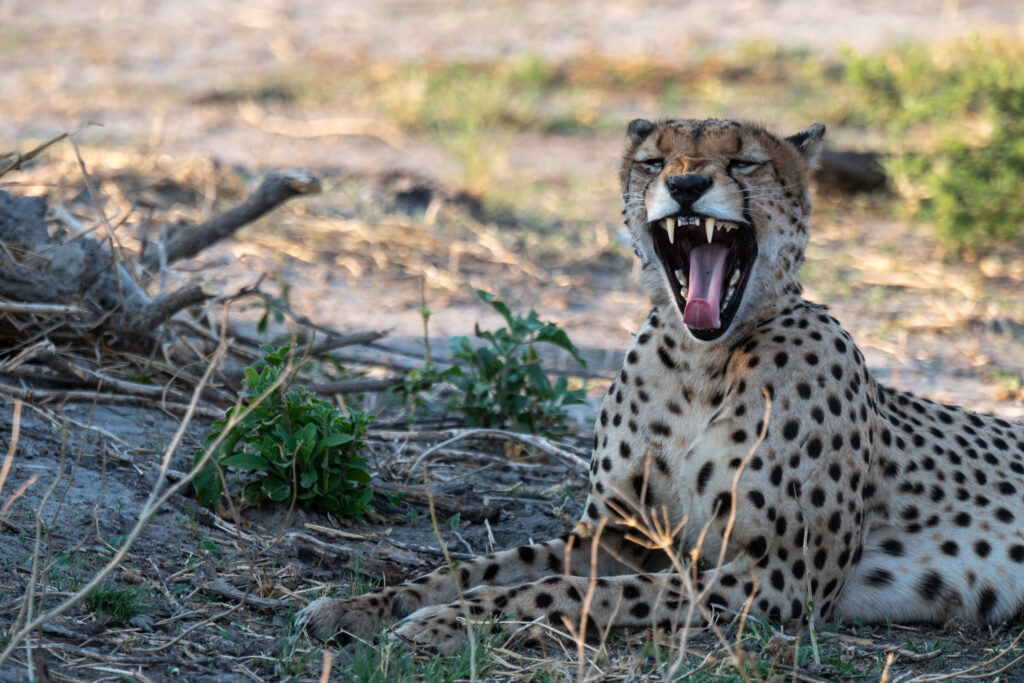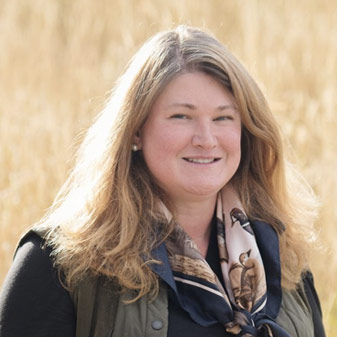We can now add Covid-19 to the list of threats facing African wildlife. The international travel bans aiming to contain the virus are already having negative impacts on tourism in Africa, where the hunting and photo-tourism industries provide a chief motivation for wildlife conservation and much of the funding that sustains it. The extent of the damage to conservation efforts will not be known until after the current crisis has passed, but there is no question that the resiliency of African conservation programs is now being tested. To pass future tests, funding for conservation must diversify so that the contributions of healthy ecosystems to African economies can continue.
South Africa provides an illustration of what may unfold across the region. As of March 20, South Africa has joined other nations, like Kenya, in banning people entering the country from regions with known Covid-19 cases, including the United States. As Africa’s second-largest tourism market, popular with photo-tourists and hunters alike, South Africa illustrates the challenges that other conservation systems on the continent are likely to face as the pandemic unfurls, as well as the risks of relying too heavily on tourism to support conservation efforts.
The closure of South Africa to American arrivals is significant. Historically, the United States has been South Africa’s largest source of tourists. Hunting and photo-tourism are key drivers of visitation, with 80 percent of all international visitors to South Africa engaging in some form of wildlife-based recreation.
The global demand for wildlife-based recreation has created an intimate link between tourism and conservation funding, especially in South Africa. The country’s principal wildlife and public lands management authority, South Africa National Parks, is structured as a parastatal and is responsible for raising its own operating revenue. In 2018, tourism-related fees generated 84 percent of the agency’s funding. Most of these fees are collected as park entrance fees or through the sale of permissions for trophy hunting and other purposes on private lands, which form the bulk of South Africa’s wildlife estate.
Private game ranches and wildlife conservancies in South Africa cover 50 million acres, an area more than five times the size of the country’s national park system. These private lands are critical nodes in the country’s tourism economy and wildlife conservation programs, with a reported 43 percent of international tourists visiting these areas while on holiday.
Tourism to private wildlife areas adds hundreds of millions of dollars to South Africa’s economy via direct sales alone. Wider economic impact is generated through the jobs private wildlife areas have created. These economic contributions, combined with the fact that wildlife conservation has historically been more profitable for landowners than conventional agriculture, have created a powerful economic incentive in South Africa to conserve large areas of habitat and recover species like the Southern white rhino.
The ability of this tourism-based model to continue conserving South Africa’s wildlife, however, is now in question. The shutdown of travel between the United States and South Africa in response to the Covid-19 pandemic comes as South Africa’s tourist season is about to begin and follows a string of U.S. hunting trade shows that saw South African hunting operators collectively invest hundreds of thousands of dollars in cash and services to book American clients for the months ahead.
Reports are now circulating within the hunting industry that many of the clients who booked hunts just weeks ago are canceling or postponing their planned trips to South Africa. This could prove damaging to wildlife conservation in South Africa. While photo-tourism is important, hunting is critical to supporting South Africa’s wildlife estate. Industry leaders estimate that American hunters comprise 45 percent of the foreign consumer market for South African hunts, and, according to industry figures, hunting-tourism revenues contribute twice what photo-tourism revenues do to the operation of South Africa’s private wildlife areas. And since hunting revenue also makes up more than 50 percent of total revenues for private wildlife conservation areas, the financial impact of decreased American hunter visitation may be substantial.
Industry leaders that PERC has spoken with expressed deep concern over the possible ramifications of South Africa experiencing a lost tourist season due to the Covid-19 pandemic, as well as long-term impacts stemming from a related global economic downturn.
Hunting employs an estimated 17,000 people in South Africa, and there are reports that hunting operators are already beginning to lay off staff as clients cancel. Often, hunting operation staff are drawn from the rural communities surrounding wildlife areas. As layoffs mount, industry leaders are concerned that economic desperation may lead to increases in widespread poaching, both for food and for species like rhino, whose horns fetch high prices on the black market.
Decreased cash flow could also mean that hunting operators are unable to pay the landowners whose land they have leased for hunting. These leases have historically created an incentive to manage marginal ranchland for wildlife instead of cattle. Should the incentive decrease due to a decline in the hunting market, landowners may be encouraged to return their lands to cattle production to meet growing demands for beef in China and elsewhere.
In conversations with PERC, South African wildlife industry leaders have also expressed concern about the long-term effects of the pandemic on their business since it has created widespread volatility in financial markets. It is now uncertain that a sufficient number of potential clients will have the wherewithal to book hunting safaris any time soon, which average a total cost of $26,000.
The current crisis brings into focus the fragility of South Africa’s tourism-centric wildlife conservation model, one shared with other nations like Kenya. Relying on tourism to underwrite and incentivize conservation leaves conservation vulnerable to social, political, and economic shocks like the current one. To reduce this vulnerability, conservation models in South Africa and elsewhere must modernize with a focus on increasing redundancy and resiliency so that conservation programs are not dependent on any single source of financing.
Shocks to the global economy like the Covid-19 pandemic affect every sector. Dispersing the impacts among multiple sectors that offer potential conservation funding can help cushion the blow to wildlife centered businesses. This may be especially true if there are links to markets for critical natural resources, like water, and financial tools likely to be at the front end of any economic recovery, like carbon credits. This means building out the wildlife industry to create a larger conservation sector where owners of private wildlife areas can tap into other, profitable, conservation activities, which may include carbon storage, sustainable forestry, water funds, and the provision of other goods and services desired by other business sectors.
With control of 16 percent of South Africa’s land area, the country’s wildlife sector is in a position to move in this direction. Success will require creating an enabling environment for both entrepreneurs and investors by improving the security of property rights, increasing the amount of data relevant to potential investors, and aggressively promoting conservation investment opportunities in South Africa through the Corporate Council on Africa and at other bilateral and multilateral business forums. International non-governmental organizations can also help by providing landowners with technical assistance to help them identify opportunities for increased entrepreneurship and diversification, cover the costs associated with entering new markets, and help reduce any associated risks.
The crisis brought on by the Covid-19 pandemic, and its impact on the tourism industry, gives us the opportunity to see the vulnerabilities of conservation models more clearly. Conservationists should use this opportunity to build more resilient systems in South Africa and around the world by expanding the reach of sectors other than tourism and deepening the integration of conservation into larger economies. In doing so, we can reduce the risk of shocks that threaten our ability to conserve healthy ecosystems, and we can help those ecosystems reinforce the health of our economies.




